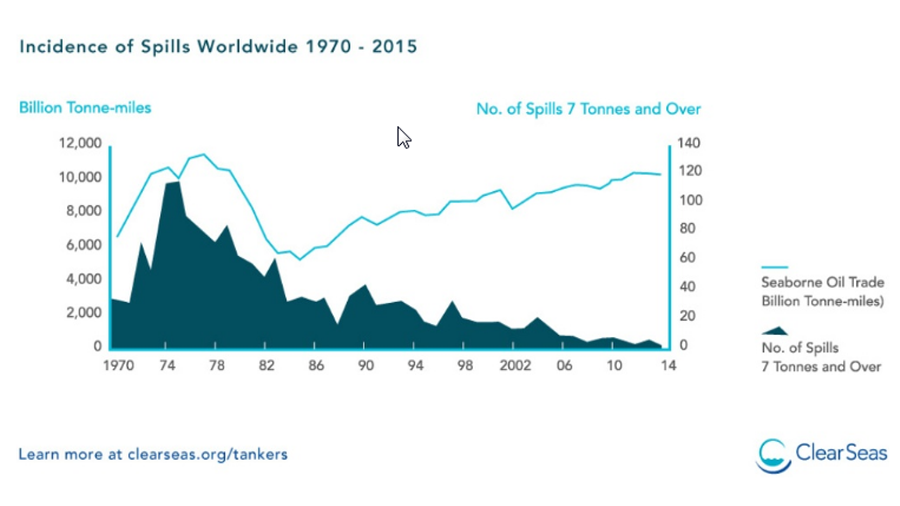Oil by rail riskier than by pipeline: studies

Should B.C.’s NDP government succeed in halting the expansion of the Trans Mountain pipeline, it won’t necessarily prevent increased volumes of oil moving from Alberta to the west coast. It could result in increased volumes of oil moving through B.C. by rail.
And according to a new Fraser Institute study, pipelines are 2.5 times less likely to result in a spill than rail.
“The evidence is clear – building new pipelines and shipping oil by tanker is the safest and most environmentally responsible way to get Canadian oil to global markets,” says the report’s author, Ken Green, the institute’s director of energy and natural resource studies.
The report, Safety First: Intermodal Safety for Oil and Gas Transportation, builds on the findings of a number of other reports on rail, pipeline and tanker oil spill risks.
It arrives at conclusions similar to those of a report by the Manhattan Institute, an American public policy think-tank, which likewise warns that a lack of pipeline capacity in the U.S. will result in more oil moving by rail, truck and tanker.
“If the supply of U.S. pipelines is not allowed to expand to meet demand, energy firms will increasingly switch to more dangerous and costly transportation alternatives,” the Manhattan Institute report concludes.
Given how much oil moves through North America by pipeline, the number of oil pipeline spills are low, Green said.
“While the risks of accidents and possible releases are certainly real, they are quite small for all modes of transportation given the volume of these commodities that are moved,” he told Business in Vancouver.
When there is a spill, however, the impacts can be significant. One year ago, a ruptured Husky Energy Inc. (TSX:HSE) pipeline spilled more than 220,000 litres of diluted bitumen into the North Saskatchewan River.
It has cost the company more than $100 million to clean up the spill, and several communities, including the City of Prince Albert, had to find alternative drinking water supplies.
Since 1961, there have been 82 spills from the Trans Mountain pipeline, according Kinder Morgan Canada (TSX:KML). Of those spills, 21 were 100 barrels or more of crude; eight were spills of more than 1,000 barrels.
Although pipeline oil spills are far more frequent than oil tanker spills at sea, it’s the latter that British Columbians are most concerned about. Spills at sea are much more difficult to clean up, and the environmental impacts can be significant.
The number of crude oil tanker spills at sea globally has decreased dramatically, thanks to the Exxon Valdez disaster in 1989 in Alaska. That spill forced governments and the industry to improve safety measures, including requirements that oil tankers be built with double hulls and guided in and out of ports at low speed with escorts of tugboats.
Since the mid-1970s, the amount of oil moved on oil tankers globally has doubled, while the number of spills went down by 98%, Green said.
“If you look at tanker safety, what you see is just truly remarkable, actually, improvements in the safety of moving oil by tankers. We have not had a major spill – or even a significant spill – off of Canadian waters for more than 20 years. We know how to do this.”
According to Clear Seas for Responsible Marine Shipping, which cites Transport Canada statistics, there are roughly 20,000 oil tanker movements in Canadian waters annually – 17,000 of which (85%) occur on the Atlantic coast.
Oil tankers currently represent just 2% of all marine traffic in the Port of Vancouver. That would rise to 14%, however, after the Trans Mountain pipeline expansion.
The largest crude oil spill from a tanker in Canada was in 1970 off the coast off Nova Scotia, according to Transport Canada. In 1988, a crude oil barge off the coast of Vancouver Island spilled 87 tonnes of oil.
Most of the marine spills in B.C. waters have been petroleum fuel spills, such as marine bunker fuel, not crude oil.
{{ commodity.name }}
{{ post.title }}
{{ post.date }}




Comments